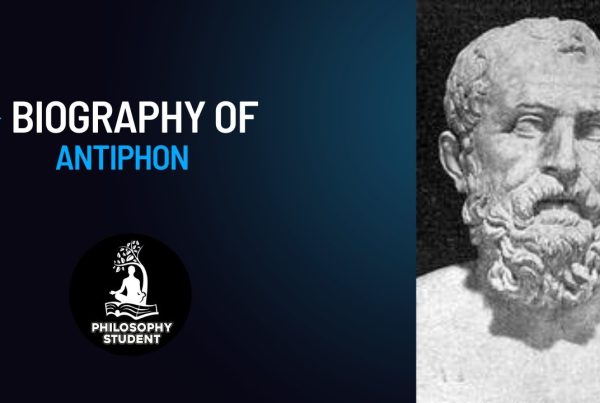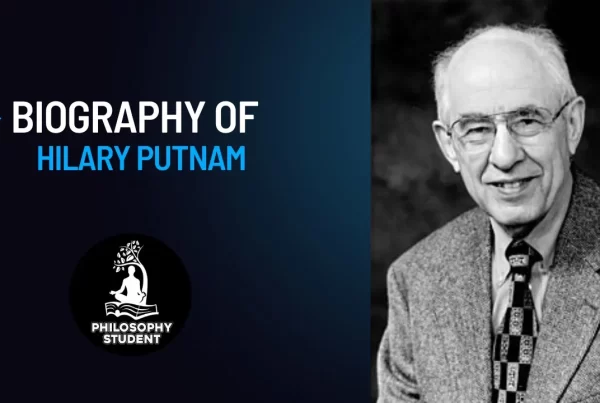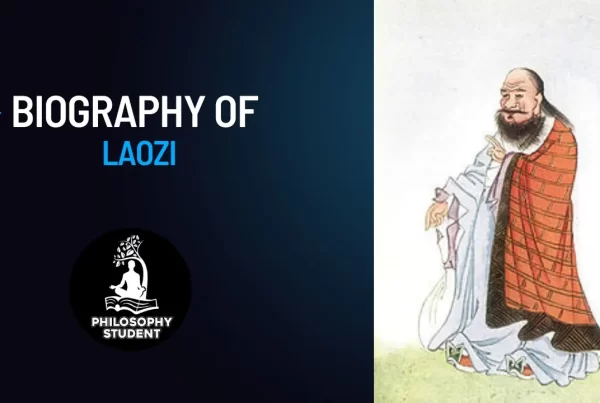The study of natural languages is conventionally divided among questions of syntax, semantics, and pragmatics, all of which raise significant issues for the philosophy of language. In terms of syntax for example, it is clear that speakers of a language are able to construct a potentially infinite number of sentences on the basis of (presumably) a finite grasp of its rules; and this places considerable philosophical constraints on any satisfactory grammatical theory. In terms of semantics, the primary focus of the philosophy of language has been on how an utterance (or linguistic inscription) can be meaningful.
One approach to this question focuses upon the speaker, arguing that since different words can mean different things in different contexts, it is the intentions of the speaker that primarily govern communication; difficulties with this view are that it threatens to make language use private and inaccessible.
A second approach focuses upon the actual words used. In this view, singular terms are meaningful because they refer to individual objects, and sentences are meaningful because they refer to complete states of affairs. Such an approach, however, would only apply to a limited range of simple (declarative) utterance, and thus more complex theories associate the meaning of an utterance with its overall truth conditions or with the evidence that would verify its truth. A related approach maintains that the meaning of an utterance is simply the way it is used within a linguistic community.
A third approach dispenses with the notion of meaning altogether in favor of analyzing patterns of behavior (for example, assent and dissent) or the construction of empirically adequate translation manuals between different speakers. An important subtopic here is how linguistic terms can refer to external objects. According to descriptivist accounts, singular terms refer in virtue of an associated set of descriptions, while causal accounts maintain that singular terms refer by virtue of the causal chain of competent language use to the original referent.
Finally, pragmatics is concerned with the different ways we use meaningful language, any associated conversational implication, and how certain speech acts (such as promises) can constitute social arrangements.




































